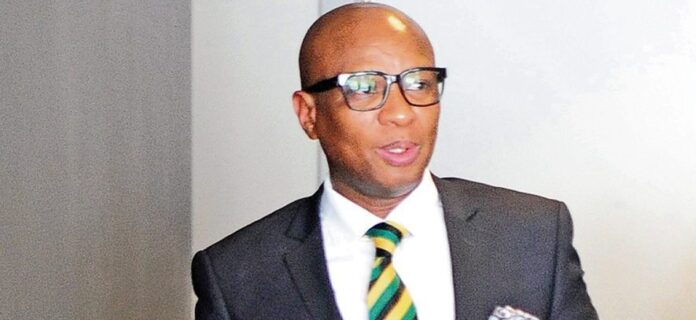What it means to be a moral community is a question that continues to be debated, and has been raging for many centuries. The answer seems obvious, but the application is elusive.
To some philosophers, morality as defined borders on our ability to become conscientious moral agents, holding strongly to the view that society is affected by what we do, especially when we are entrusted with public duty to execute.
More public officials must consciously listen to the promptings of the inner voice that direct them to “listen to reason” as they execute the mandate of the electorate. Tomes of reading material have been produced guiding those in position of authority, and those who see themselves as moral agents, to act ethically in the best interests of the public.
We accept morality means different things to different societies. To illustrate the point more crudely. To a Greek citizen of ancient times, cremation was and may still be a way of disposing of their dead, whereas for ancient Callatians, disposing of their dead fathers meant eating their bodies with the expressed idea of having the dead providing guidance and wisdom.
This scenario tells us more about cultural relativism. Sociologist Graham Sumner states: “The right way is the way which the ancestors used, and which has been handed down… The notion of right is in the folkways. It is not outside of them… This is because they are traditional, and therefore contain in themselves the authority of the ancestral ghosts…”
Yet, despite whatever cultural understanding we possess, the common morality standard in our modern life demands of us to act objectively ethical, and to exercise the electoral mandate judiciously.
Cultural relativism might have its many fans but it seems to have many implausible outcomes, most of which are informed by cultural conditioning, and not based on objective realities of human experiences.
Yet the value of culture, at the same time, is to be found in our cultural roots – and this should cause us to wonder if we are not short-changing ourselves by not, when it is appropriate to do so, to defer to our ancestral heritage.
It also noteworthy to reflect on what effort the country’s -Moral Regeneration Movement (MRM) is doing “to stem the tide or at least alleviate moral decay which is threatening the moral compass of the post-apartheid South African society”.
Fr S’mangaliso Mkhatshwa insists the MRM must be led from the ground by civil society “if only to underscore the independence and inclusiveness of the movement… to reconstruct a broken society”.
With the country facing a moral crisis, what should we do to help the government to regain its moral authority, where trust deficit runs deep, and the country’s leadership is associated with corruption and the inability to service the needs of the people adequately?
Mkhatshwa, a former deputy education minister and mayor of Tshwane, says there is an urgent need for the recalibration of “ethical leadership in all sectors of society but more with a special focus on public leaders and officials” stating that their “behaviour has a tremendous
impact on citizens, especially the youth”.
With that said, what do we see? A few weeks ago, the country sang its alleluias when it heard former minister Zizi Kodwa had stepped down from the cabinet following a criminal charge of corruption he faces.
But the recent past events have sullied the mood and dampened the spirit of hope that renewal could be taking place in the ANC.
Cosatu’s national spokesperson Zanele Sabelo described the act as bad news, “seeing Zizi Kodwa being sworn in as a member of parliament”.
The signal message of 40% electoral support the ANC received it seems has not sunk in and has not spoken to the collective conscience of the oldest political movement in Africa.
This boils down to moral bankruptcy. The ANC has a social contract to serve the people the way the Constitution, entrusted on the shoulders of the president, prescribes, which is to uphold, defend and respect the Constitution as the supreme law of the country.
To defend the return of Kodwa to public life when he faces serious corruption charges is a far cry from defending the Constitution – it is an act of immorality.
- Mdhlela is a freelance journalist, an Anglican priest, an ex-trade unionist, and former editor of the South African Human Rights Commission journals



